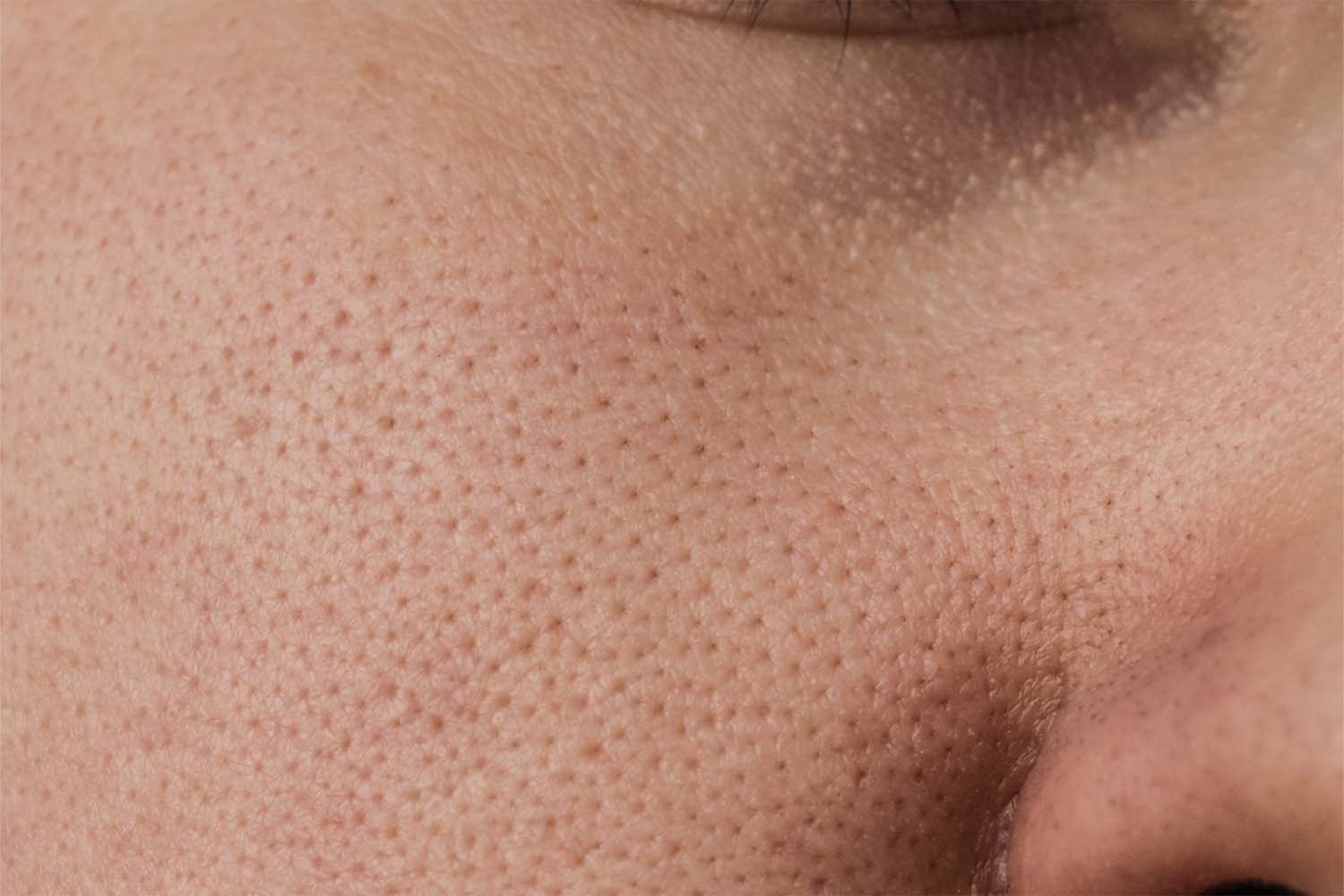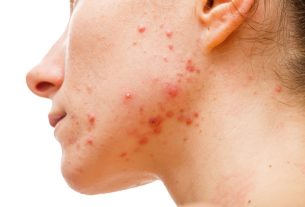This article is for informational purposes only and does not constitute medical advice. Please consult a board-certified dermatologist for personalized treatment.
Acne is a common skin condition that affects people of all ages and skin types. While occasional breakouts are typical, severe or persistent acne can significantly impact an individual’s confidence, skin health, and overall well-being. Understanding the root causes of acne — especially clogged pores — is crucial for managing and preventing long-term skin concerns.
Board-certified dermatologists stress that acne is a multifactorial condition, often influenced by genetics, hormones, lifestyle, skincare habits, and environmental factors. For some individuals, particularly those with oily or sensitive skin, clogged pores can become a persistent issue, leading to inflammatory acne, blackheads, and whiteheads.
What Causes Clogged Pores?
Pores are tiny openings on the surface of the skin that allow oil (sebum) and sweat to exit from the glands below. When functioning normally, these pores help maintain skin hydration and temperature. However, when pores become blocked by dead skin cells, excess oil, or external debris, they can no longer function properly — leading to acne lesions.
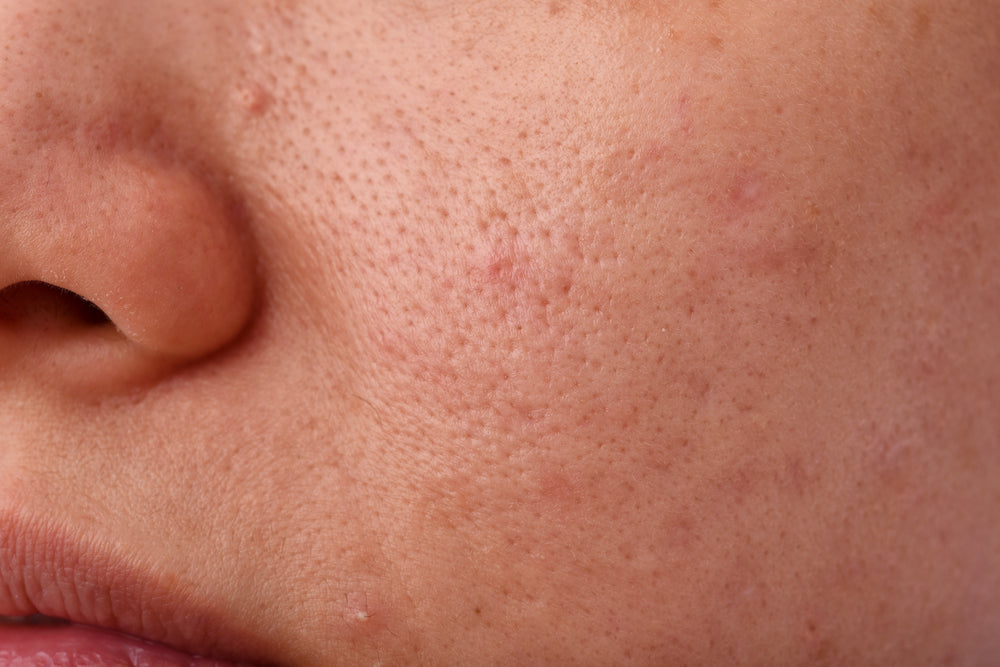
What Does “Comedogenic” Mean?
You may have noticed the term “non-comedogenic” on skincare labels. A comedogenic ingredient is one that is more likely to clog pores and contribute to breakouts.
Common examples include:
- Coconut oil
- Isopropyl myristate
- Lanolin
- Algae extract
- Certain heavy silicones
While these ingredients are not inherently harmful, they can pose challenges for individuals with oily or acne-prone skin.
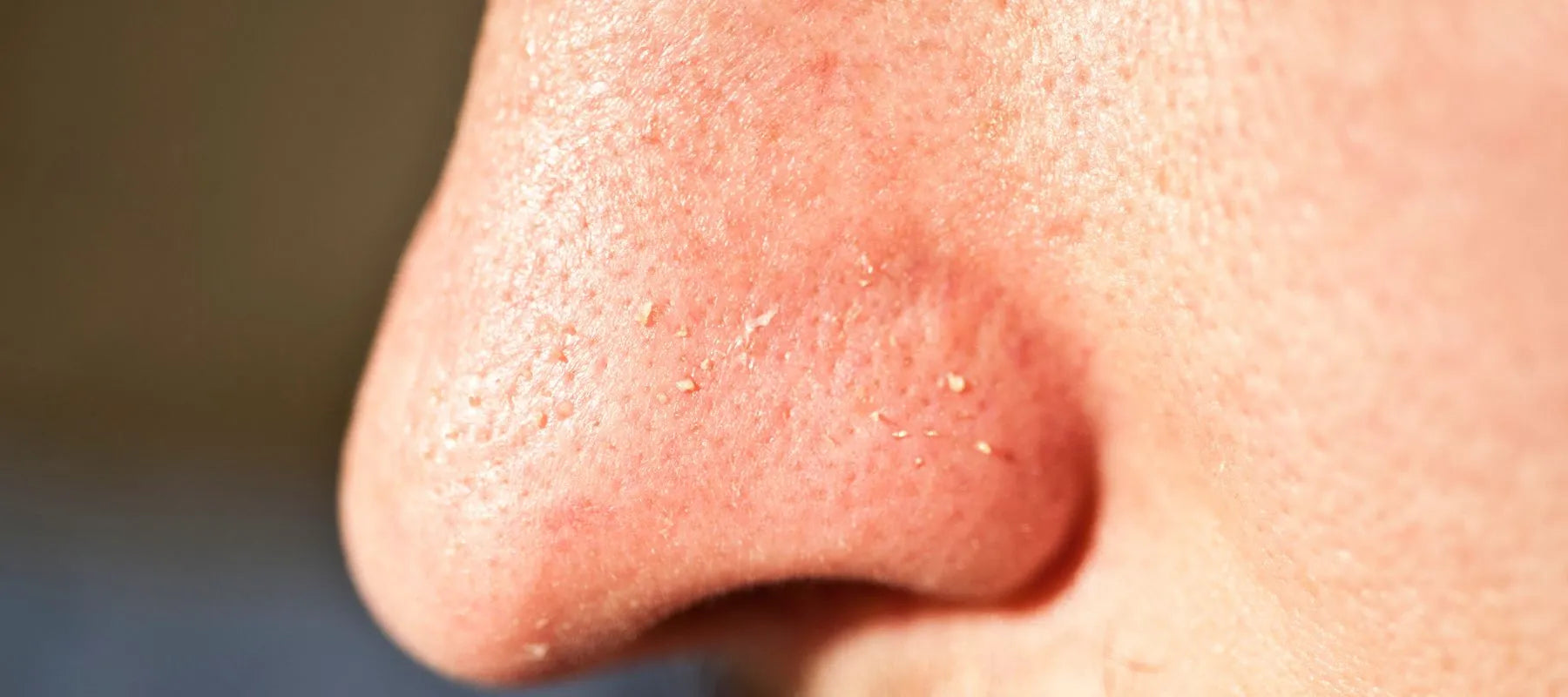
The Role of Bacteria and Inflammation
Acne is often associated with the presence of Cutibacterium acnes (formerly known as Propionibacterium acnes), a bacteria that naturally lives on the skin. When pores are clogged, this bacteria can multiply, triggering an immune response that leads to inflammation, swelling, and redness.
According to the American Academy of Dermatology (AAD), this inflammatory process can turn minor breakouts into severe acne, including nodules and cysts. These more serious forms of acne often require medical intervention to prevent scarring and long-term damage.
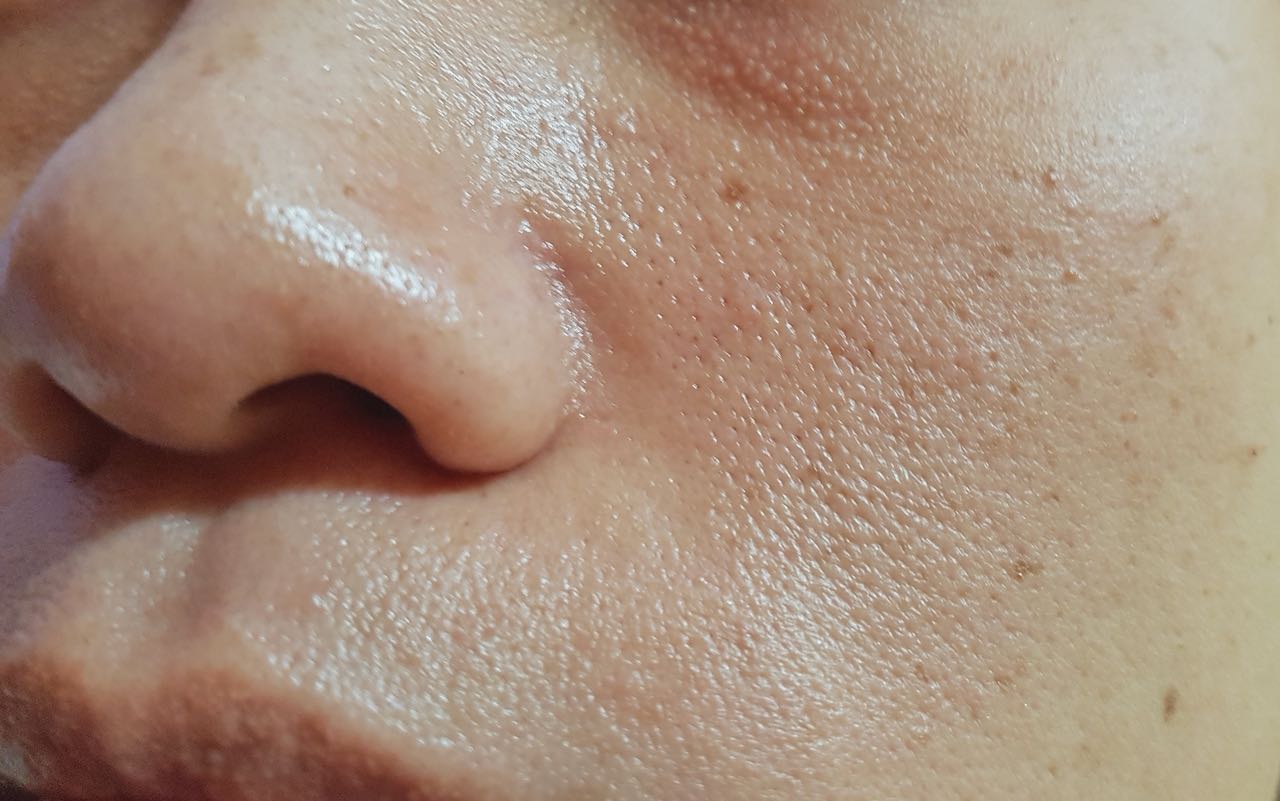
Other Contributing Factors to Severe Acne
In addition to clogged pores and comedogenic products, there are several internal and external triggers that can worsen acne:
- Hormonal changes
Fluctuations in androgen levels (such as during puberty, menstruation, or pregnancy) can increase oil production in the skin. - Diet and lifestyle
Some research suggests that high-glycemic diets, dairy products, and chronic stress may contribute to breakouts in certain individuals. - Improper skincare routines
Overwashing the skin, using harsh scrubs, or applying products not suited for your skin type can disrupt the skin barrier. - Environmental exposure
Pollution, humidity, and heavy sweating (especially under tight clothing or gear) can lead to clogged pores and flare-ups.

How to Manage and Prevent Severe Acne
If you experience persistent breakouts or suspect you have severe acne, it’s important to consult with a board-certified dermatologist. Here are several evidence-backed recommendations to consider:
1. Use non-comedogenic products
Look for labels that state “non-comedogenic,” “oil-free,” or “won’t clog pores.” These products are less likely to contribute to acne formation.
2. Establish a gentle skincare routine
- Cleanser: Use a mild, sulfate-free cleanser twice daily
- Exfoliation: Limit exfoliation to 1–2 times per week using salicylic acid or lactic acid
- Moisturizer: Even oily skin needs hydration — opt for a lightweight, non-comedogenic moisturizer
- Sunscreen: Protect your skin from sun damage with a broad-spectrum SPF 30 or higher
3. Target acne with active ingredients
- Benzoyl peroxide: Reduces bacteria and inflammation
- Retinoids: Helps unclog pores and boost cell turnover
- Niacinamide: Soothes inflammation and regulates oil
- Azelaic acid: Has antimicrobial and anti-inflammatory properties
4. Seek professional treatments
If over-the-counter solutions are ineffective, dermatologists may recommend:
- Prescription topical or oral medications
- Hormonal treatments (e.g., spironolactone or birth control)
- Procedures such as chemical peels, light therapy, or extractions

When to See a Dermatologist
According to the Mayo Clinic, you should consult a dermatologist if:
- You experience painful, cystic, or nodular acne
- Your breakouts lead to scarring
- Over-the-counter treatments do not improve your skin within 8–12 weeks
- Acne affects your mental or emotional well-being
Timely treatment is key to preventing complications and achieving clearer skin.
Final Thoughts: Listen to Your Skin
Clogged pores may seem like a minor cosmetic issue, but for many, they can lead to persistent and painful acne. Understanding your skin type, identifying potential irritants, and using science-backed skincare products can make a significant difference.
By addressing the root causes — such as excess oil, dead skin cell buildup, and comedogenic products — and working with skincare professionals, most people can find relief and regain confidence in their skin.
Sources:
- American Academy of Dermatology: https://www.aad.org
- Cleveland Clinic: https://my.clevelandclinic.org
- Mayo Clinic: https://www.mayoclinic.org/diseases-conditions/acne
